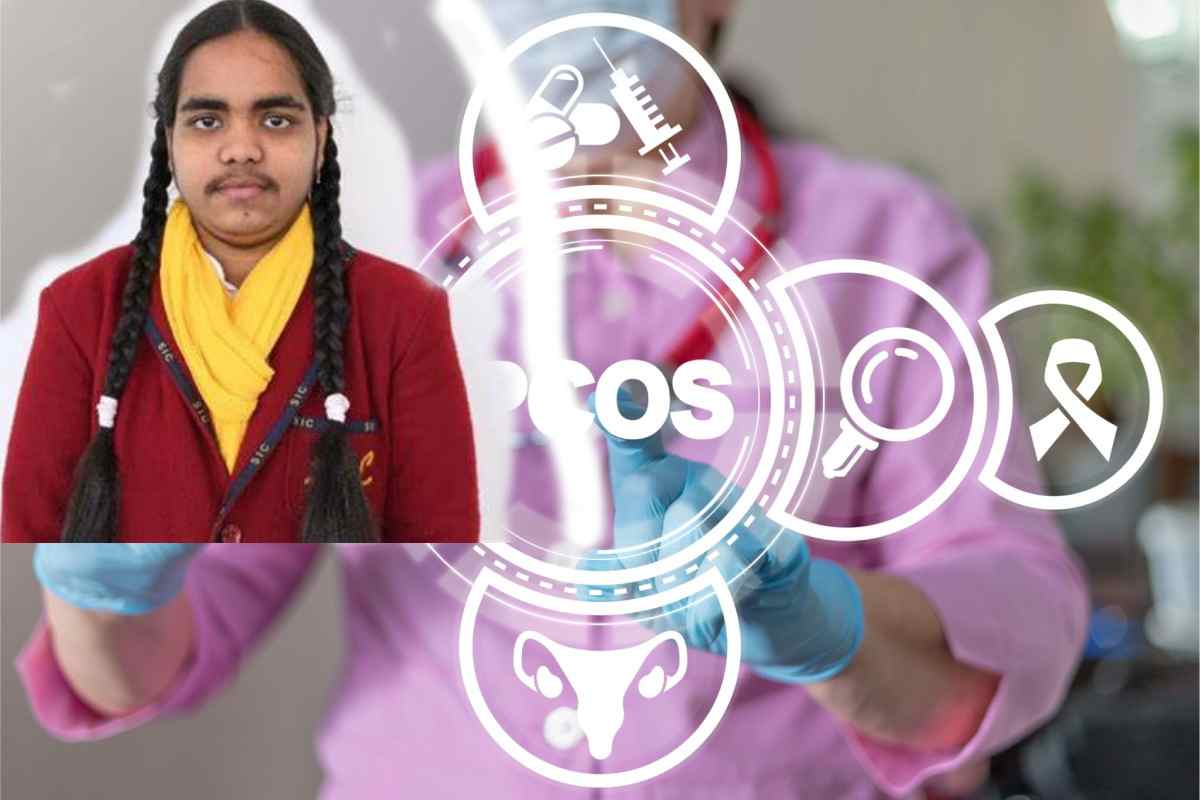NEW DELHI: As much as social media has worked to bring people together and share their stories for the world to read, creating a positive impact, there is one dark side to it as well. Recently, the high school state topper of the UP Board, Prachi Nigam, faced both sides of it despite her achievement.
On one hand, she received appreciation and applause for getting 98.5% marks while holding the topper seat; on the other hand, she faced backlash and trolling over her facial hair.
It’s distasteful to mock this young girl Prachi Nigam over her facial hair which may be due to hormonal imbalance, after she emerged as Class 12 UP board topper.
More power to such bright females — the hope of our country.
👧🧗♀️👩🔧🏌️♀️👩🔬⛹️♀️🚶♀️👱♀️🙇♀️👩💼👷♀️pic.twitter.com/A8LW8fWGy4
— Rohan Dua (@rohanduaT02) April 20, 2024
On Saturday, April 20, the result of the Uttar Pradesh Madhyamik Parishad (UPMSP) was declared, and soon after, the reaction videos and interviews of toppers gained attention on social media. In one such interview, the high school topper is seen expressing her happiness about getting the first position and being an engineer in the future.
In the video, some facial hair can be seen on her face, which is reported to be because of polycystic ovary syndrome (PCOS), a condition that causes hormonal imbalance in the female body, resulting in facial hair and menstrual irregularity, among other symptoms.
The troll gang on social media attacked the young student by mocking her appearance and neglecting her achievement of attaining an impressive score of 591 out of 600. Some even shared the meme by editing her picture and comparing it with other gender, while a few tried to preach her grooming tips.
ALSO READ: PCOS awareness month: Causes, symptoms & treatment – THE NEW INDIAN
Besides the bad part of the story, the student also received massive support, and many defended her from the trolls. Her supporters urged her to ignore the trolls and focus on her accomplishments. The incident has sparked a larger conversation about cyberbullying, body image issues, and the stigma surrounding conditions like PCOS.
One social media user write, “Prachi Nigam defies expectations and stereotypes with her outstanding achievement.” Another user called her trolls of the lowest level on the social media platform ‘X’.
According to a 2023 report by the WHO, PCOS affects about 70% of women worldwide and is one of the most common health problems. It affects the person both biologically and psychologically, creating mental and social challenges by bringing up body image issues.
While it remains a non-treatable disease, the report suggests that the symptoms can be improved with lifestyle changes.

